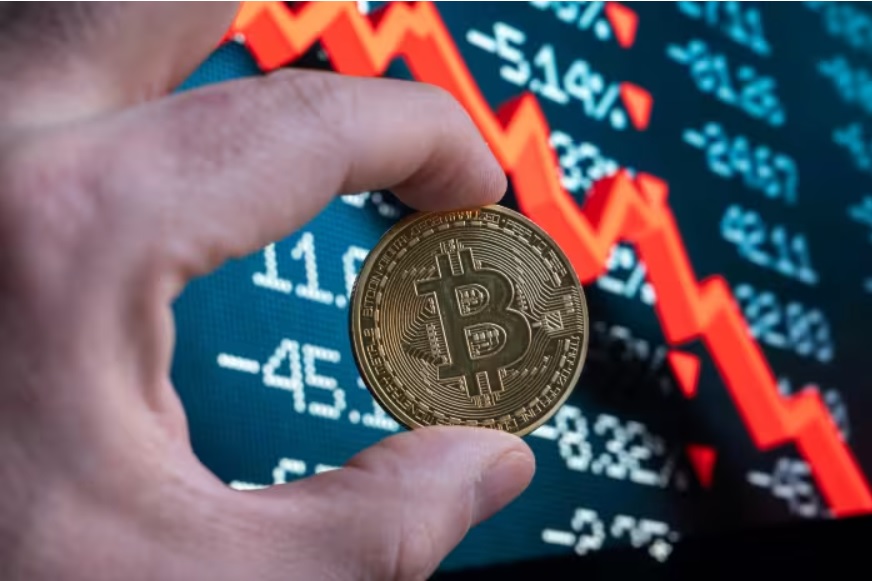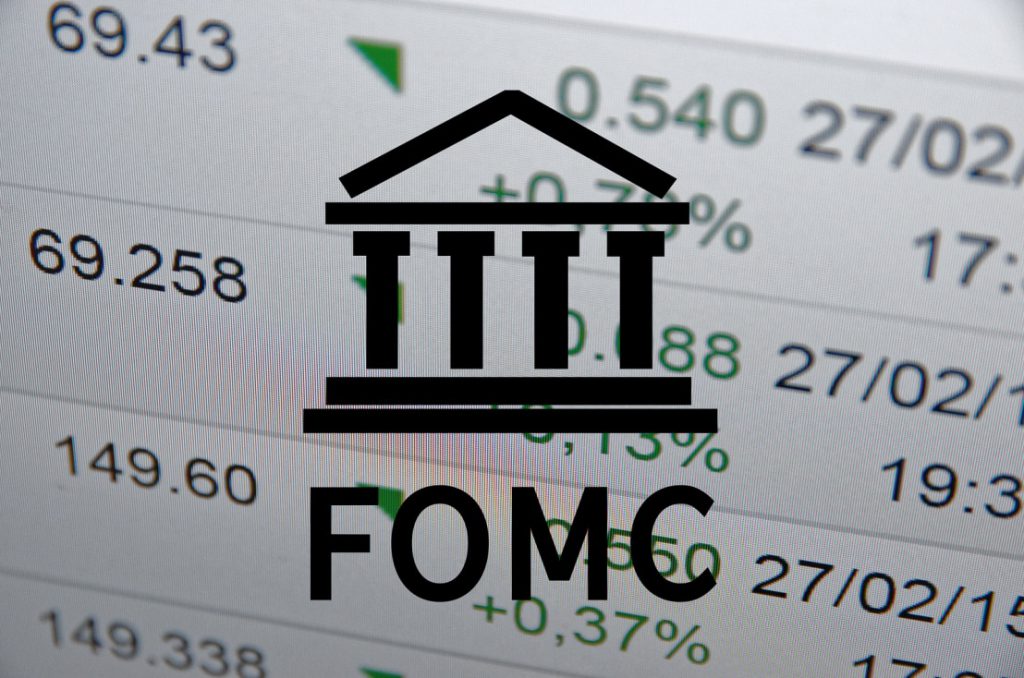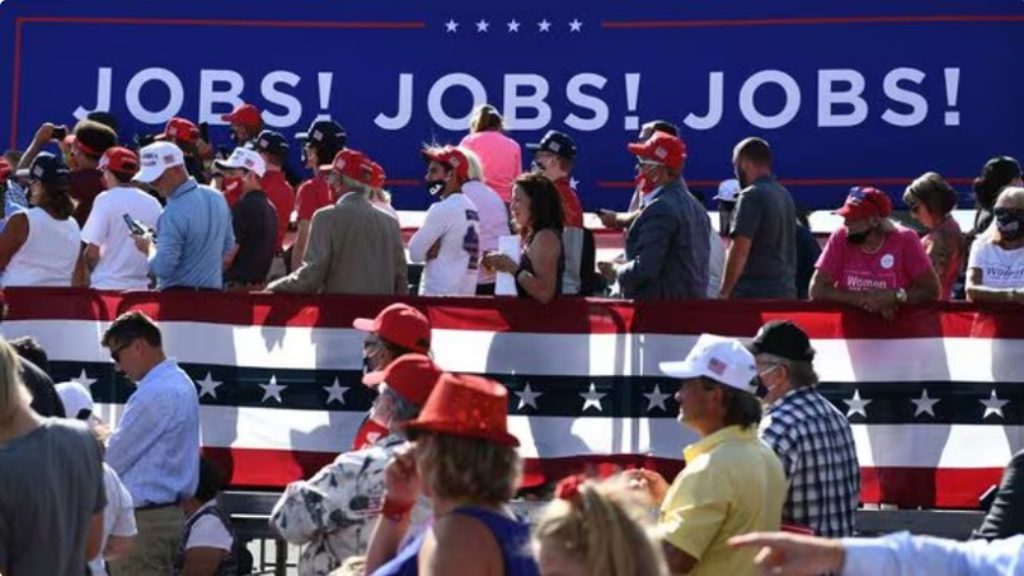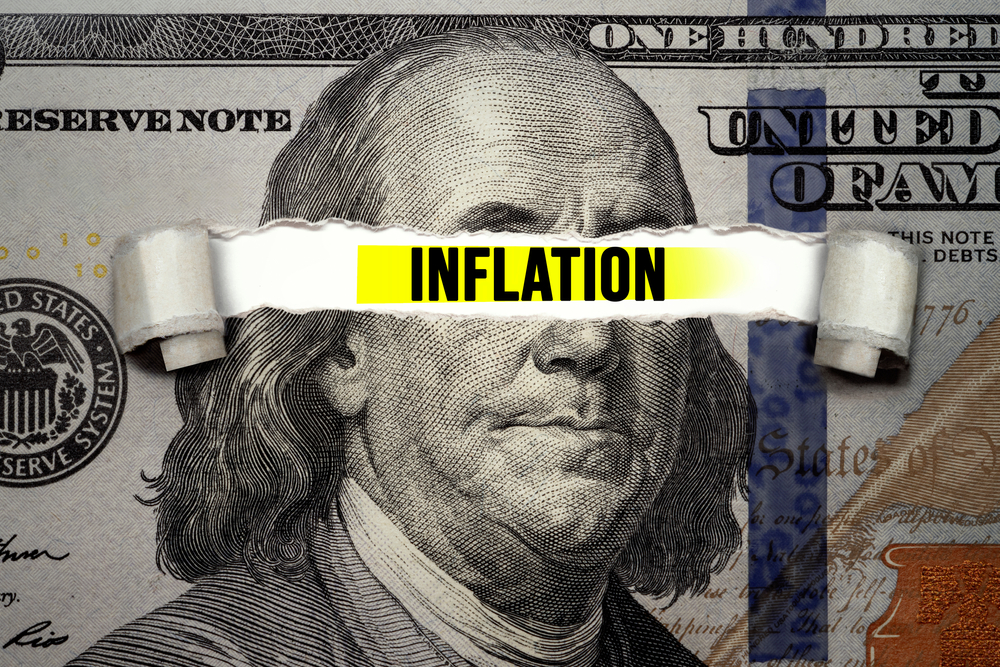The cryptocurrency market has faced one of its most significant price crashes in recent years. The global crypto market cap has fallen 10.6% to $2.5 trillion. The figure had recently surpassed the $3 trillion mark.
Also Read: Asian Stock Market Crash: India, China, Japan, Singapore & Thailand Bleed
Stocks And Cryptocurrencies Crash Amid Tariff Wars


Global markets are experiencing a bloodbath. The crash comes amid President Trump’s tariffs which have shaken global markets. Major economies have registered massive losses today. China has announced reciprocal tariffs on the US, further deepening the trade war. Investor sentiment has taken a big hit over the last few months. Both stock and cryptocurrency markets have experienced massive sell-offs.
Also Read: XRP vs Solana: 76% vs 11% Growth Potential – Which Crypto Wins in 2025?
Taiwan halted trading after facing a circuit break. Japan halted Nikkei 225 stock futures trading after facing a similar situation. China has faced its worst single-day crash since 2008. Singapore also suffered its worst crash in over 16 years. Cryptocurrencies may follow the same trend as well.
Top 3 Economic Events That Could Impact The Cryptocurrency Market
1. Federal Open Market Committee (FOMC) Minutes


The minutes of the March FOMC meeting will be released on Wednesday. Investors will likely look for cues on the Fed’s next move. There is a lot of talk about the Fed cutting interest rates in its next meeting. The move could lead to a surge in cryptocurrency investments.
2. Initial Jobless Claims


The Initial Jobless Claims will be out on Thursday. The data will give cryptocurrency investors insights into the labor market. The figures could help investors navigate the ongoing market crash.
3. Inflation Data


Also Read: JPMorgan CEO Jamie Dimon Warns: Trump’s Tariffs Could Fuel Inflation & Slow Growth
The US inflation data will be released on Thursday as well. The data could give cryptocurrency investors an idea about the Fed’s next move. A high CPI reading could lead to the Fed holding or increasing its interest rate.





